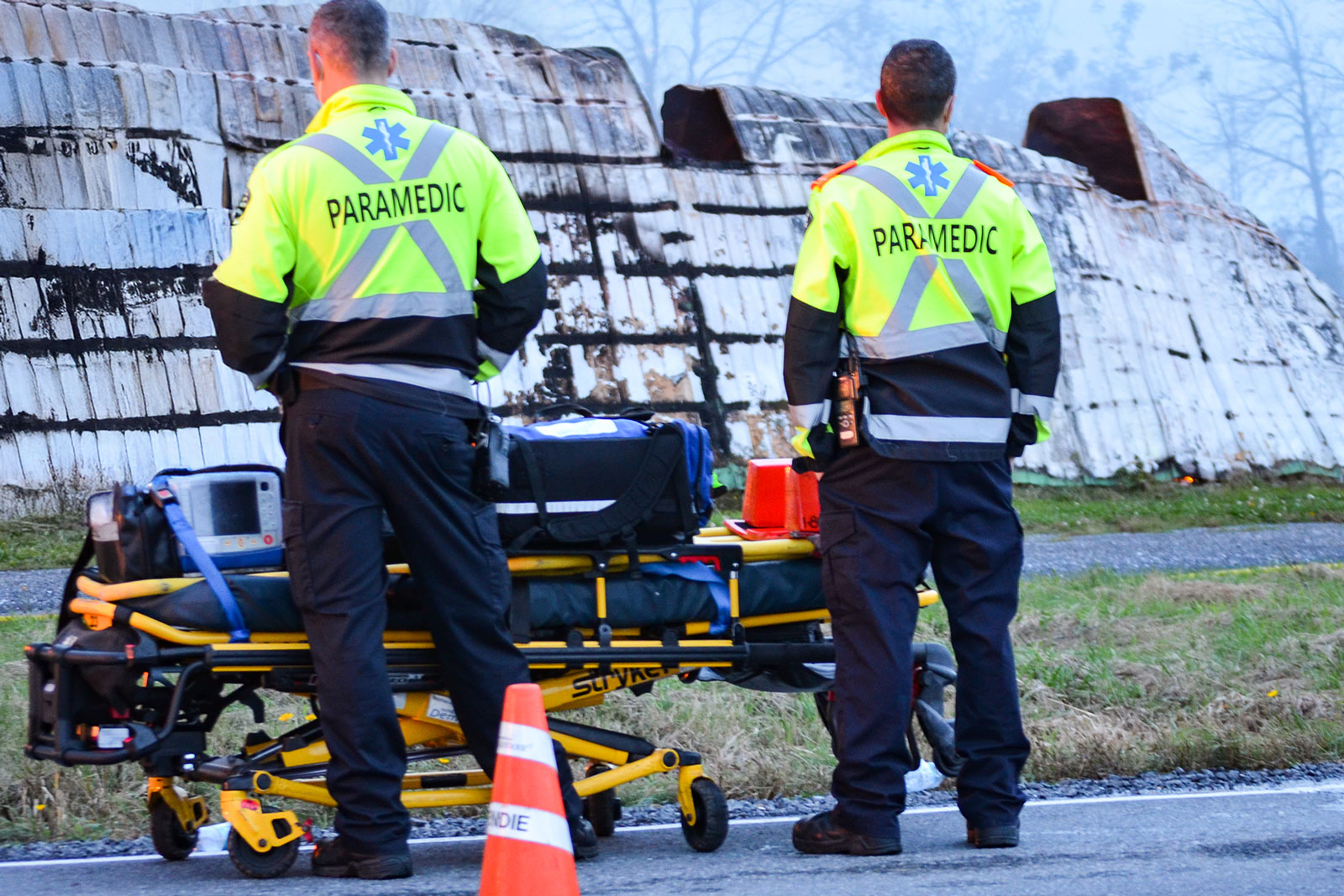Understanding Self-Harm and Suicide: Recognizing the Signs and Finding Support
When emotions feel too heavy to carry, know that support is available. Understand self-harm, recognize the signs, and find a way forward.
If you or someone you know is in crisis or having thoughts of self-harm, please reach out for immediate support. Call 9-1-1 for emergency services, contact 9-8-8 (Suicide Crisis Helpline), or text a crisis service right away. You don't have to face this alone.
Life can sometimes feel overwhelming, and if you’re reading this, chances are you’ve been carrying a weight that's hard to put down. It’s okay to acknowledge that—sometimes it’s the first step toward healing. Many people experience dark thoughts, and while it might seem like there's no way out, there are steps you can take to make it through.
What is Self-Harm and Suicidal Ideation?
Self-harm involves hurting yourself on purpose as a way to cope with emotional pain or distress. Suicidal ideation, on the other hand, refers to thoughts about ending your life. It’s important to understand that these thoughts don’t indicate a lack of strength. They are often a result of mental and emotional struggles that feel too big to carry.
People who experience these thoughts may feel like they’re out of options, like there’s no way forward. They may also feel isolated, as though no one truly understands what they’re going through. This sense of loneliness can make it harder to reach out for help. But remember: there is always hope, and there is always help available.
Why Do People Consider Hurting Themselves?
From a scientific perspective, when someone considers self-harm or suicide, it's often because their emotional pain feels unbearable. The brain’s response to overwhelming stress can trigger these thoughts, as it tries to find a way to escape the pain.
The brain releases chemicals like cortisol when under stress, and over time, this can lead to a sense of burnout, anxiety, or depression. The pressure to “stay strong” without giving yourself permission to feel can build up, making it harder to cope with these emotions.
How to Recognize the Signs
It’s important to recognize the signs in yourself or someone else, so that help can be sought early. Some warning signs of self-harm or suicidal thoughts include:
Feeling hopeless or trapped, as if nothing will ever change.
A sense of unbearable emotional pain or overwhelming sadness.
Struggling to find motivation to get through daily tasks.
Avoiding friends, family, or work because it feels exhausting.
Experiencing a loss of interest in things you used to enjoy.
Eating or sleeping more or less.
Making a plan or researching ways to die
Engaging in risky or harmful behaviours.
If any of these sound familiar, either for yourself or someone you care about, know that you are not alone, and support is available.
What to Do if You’re Feeling Like Suicide is an Option
It can be hard to see a way forward when you’re in the thick of emotional pain. But there is a way forward, and it starts with talking about what you're going through. Here are a few steps to help guide you through those moments of crisis:
Reach out to someone you trust: Whether it's a friend, family member, or a professional, letting someone in can make a world of difference. They may not have all the answers, but they can offer support when you need it most.
Call a crisis hotline: Sometimes it’s easier to speak to someone who doesn’t know you personally. You can call a helpline or text a crisis service. You don’t have to talk about everything at once—just reach out. Someone is always there to listen.
Take a step back: When everything feels too overwhelming, try to ground yourself. Focus on your breath, take a walk, or do something that gives you a brief break from your thoughts. It won’t solve everything, but it can help you find a little space in your mind to breathe.
Seek professional support: Talking to a therapist or counsellor doesn’t mean you're weak or giving up. It’s actually one of the strongest things you can do. Therapy can help you learn ways to cope with those thoughts and work through emotional pain.
How Suicide Affects Loved Ones, Colleagues, Friends and Neighbours
When someone takes their own life, it leaves a lasting impact on the people closest to them. Loved ones are often left with a mix of grief, guilt, and confusion. The sense of loss is never confined to family—it extends to friends, coworkers, and others. They might wonder if there was something they could have done differently, or if they missed any signs that could have helped. Even if these feelings aren’t always apparent, they can have a lasting impact on those who are close.
If you're feeling overwhelmed, remember that your loved ones do want to be there for you. They might not always know what to say or how to act, but that doesn’t mean they don’t care. Reaching out to them, even when it feels difficult, can be the first step toward healing—not just for you, but for the people who care about you, too.
Why Prevention Matters and How to Start
The best way to prevent someone from acting on suicidal ideation is early intervention. If you’re in crisis, or if you notice these signs in someone else, take action right away. It’s about creating a support system where you don’t have to face these struggles alone. Healing may take time, but it starts with reaching out. The thoughts you’re having are temporary, but the support you can receive is lasting.
If you or someone you know is feeling overwhelmed or having thoughts of self-harm, it’s important to talk about it. Don’t hesitate to reach out to a friend, family member, your primary healthcare provider, or a mental health professional who can provide support. Remember, asking for help shows strength, not weakness. It’s okay to seek assistance when times are tough—you're not alone.
References
Government of Canada. (n.d.). "Preventing suicide: when and how to help." Accessed 31 March 2025.
NIHM. (n.d.). "Warning signs of suicide." Accessed 31 March 2025.
.png)
.png)
.png)
.png)
.png)
.png)



.jfif)





